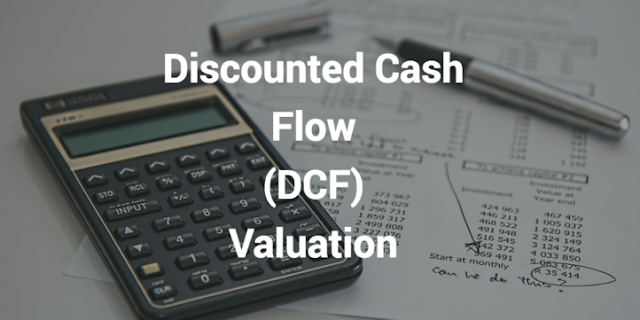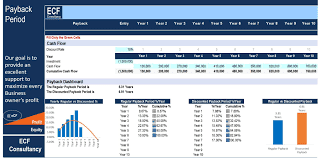Using a Discounted Cash Flow Valuation Model to Conduct a Valuation
Conduct a valuation of an asset or a business requires one to create a financial model to ensure that you are choosing the right investment. One of the most used valuation methods nowadays is the Discounted Cash Flow Valuation Method or simply known as the DCF Model. A discounted cash flow valuation model is based on the projected cash flows of a business and then discounted to determine the present value of the cash flow, to which are then all added to determine the current value of a business or an asset. Basically, it focuses more on cash in and out rather than the profits earned in a business. However, just like any financial model that rely on projected figures, it is more likely subjective and prone to manipulation by whoever is creating the model. Hence, a very solid analysis and a rational argumentation are needed to be done in order for the resulting value to be realistic and honest.
To create a reliable and solid discounted cash flow valuation model, one would need enough experience in financial modeling and a substantial amount of industry know-how. But with today’s available tools for running a business and for creating financial reports, you don’t have to fret over that since acquiring a discounted cash flow valuation model template will resolve that for you. Once you acquire a copy for yourself, you don’t have to spend a lot of time figuring out the structure and the components needed to complete a discounted cash flow valuation model. All you have to do is input the values, ratios, estimates, assumptions, etc., to complete the model.
If you have any changes done to the model template, you can also customize it according to your needs. It won’t be troublesome at all since usually, the financial model templates are in Excel so it’s pretty flexible and there’s transparency regarding the formulas used for all the calculations done in the model. Thus, helping you complete the task of building a DCF model as you update it much easier, basically, a very user-friendly tool for everyone to use. But of course, if you encounter an issue or any difficulties regarding the model, you shouldn’t hesitate to consult a financial modeling expert to guide you, and at the same time, learn more about valuation modeling. This is so that next time, you won’t need any help with completing a DCF Model.
If you are want to learn more on how to create a discounted cash flow valuation model and how it works, you can read a more detailed article here: The Discounted Cash Flow Valuation Model. Included information are free Excel Valuation Templates which you can download to see what a DCF Model looks like and get an idea on how to create a full DCF Model on your own. You can also choose from this list of DCF Model Templates specially designed for different industries, which you can use to start with as a base as you create a Discounted Cash Flow Model according to your preferences.



Comments
Post a Comment